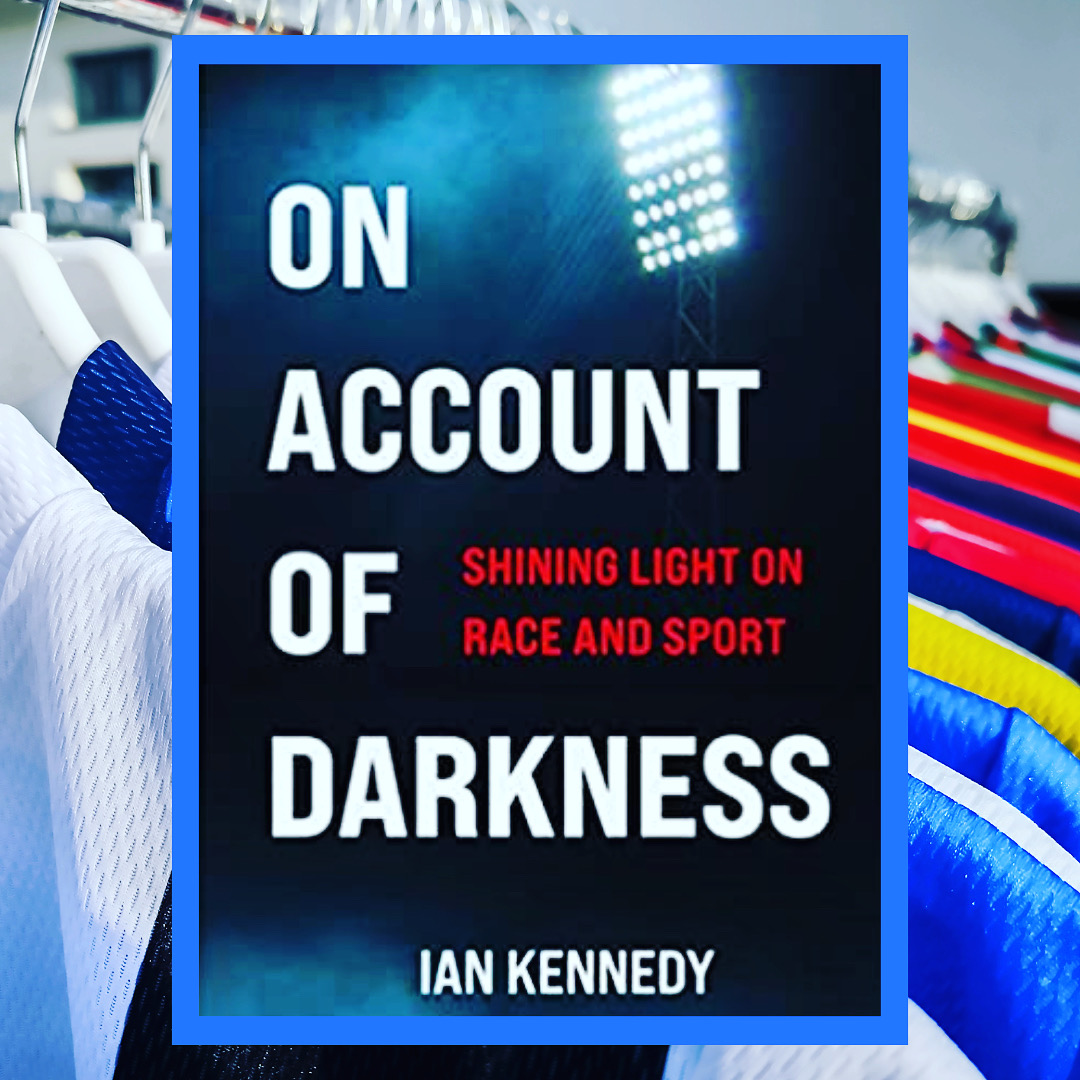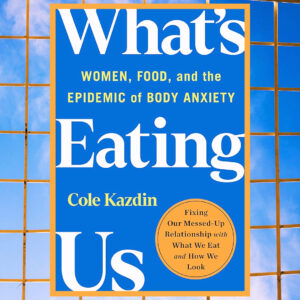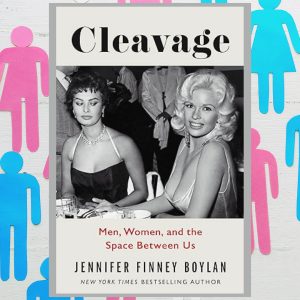[responsivevoice_button buttontext=”Listen”]
🌟🌟🌟🌟💫
“Sports and war are two of the world’s greatest equalizers”.
A Canadian author/teacher’s exhaustively and beautifully-researched treatise into the history of sport, focusing on the systemic racially-abusive treatment of black, indigenous and other marginalized communities (including Japanese-Canadians) from the earliest days of organized amateur and professional leagues, to what we see in current times.
Working through an extensive collection of stories gleaned from interviews, historical societies, and personal experiences, the author builds a picture that is chilling, comprehensive and at the same time, unexpectedly uplifting – stories of poverty, and discrimination, laced throughout with resilience, and the continued battle for equality – as close-knit and marginalized communities pursue their right to compete and play in organized games, including the earliest forms of baseball, lacrosse, ice-hockey, boxing, and horse-racing.
With a context beginning in the mid-eighteen-hundreds, in a pre-civil-war era where white “supremacy” reigned largely unchallenged, it’s difficult for the current-day reader to confront a world where athletic blacks and other marginalized populations were forced to play in highly segregated “coloured-only” leagues, suffering the indignities of racism displayed in team logos and nicknames, in a society that labeled them lazy, criminal, immoral and unworthy.
For indigenous peoples, the stories are perhaps even more appalling – as land, children and religious freedom were systematically seized and appropriated, so too was organized participation in an ancestral sport now deemed playable only by “worthy whites” – lacrosse – a game with an inherently religious core, natively integral to ancient community and governance practices.
As hard-won battles eventually earned the disenfranchised a place in major-league competitions, the author builds a coherent case that athleticism can be seen to slowly “unlock spaces for Black people”, providing a pathway (albeit a rocky one) to the current state of rewards offered through integrated (one might still argue, inherently racist) competitive sports.
Encyclopedic in scope, as disturbing as it is informative in its recounting of events in our not-so-distant past – this is an important book. Essential reading for sports-lovers, lovers of humanity and the social sciences, and anyone interested in high-quality non-fiction, this book serves as a not-so-subtle reminder, and a warning, of how far we may only appear to have come as a society, given the fragility and always-tenuous nature of human morality.
A great big thank you to the author for an ARC of this book. All thoughts presented are my own.



